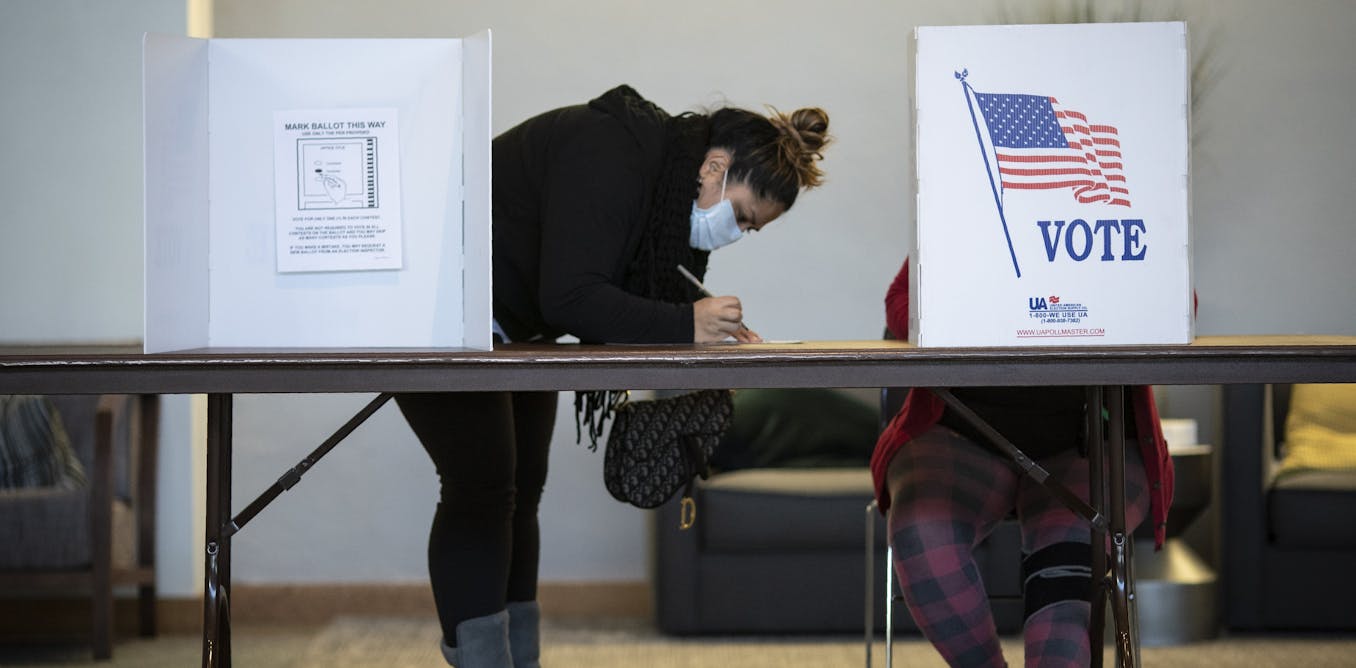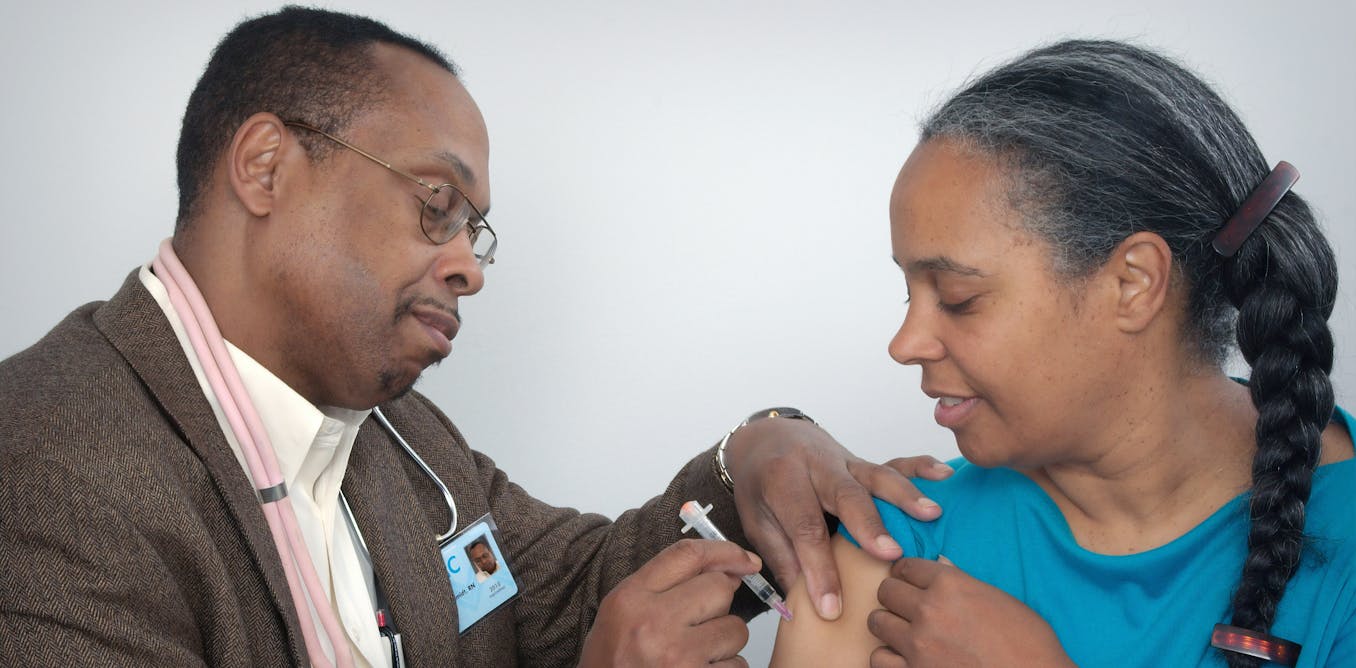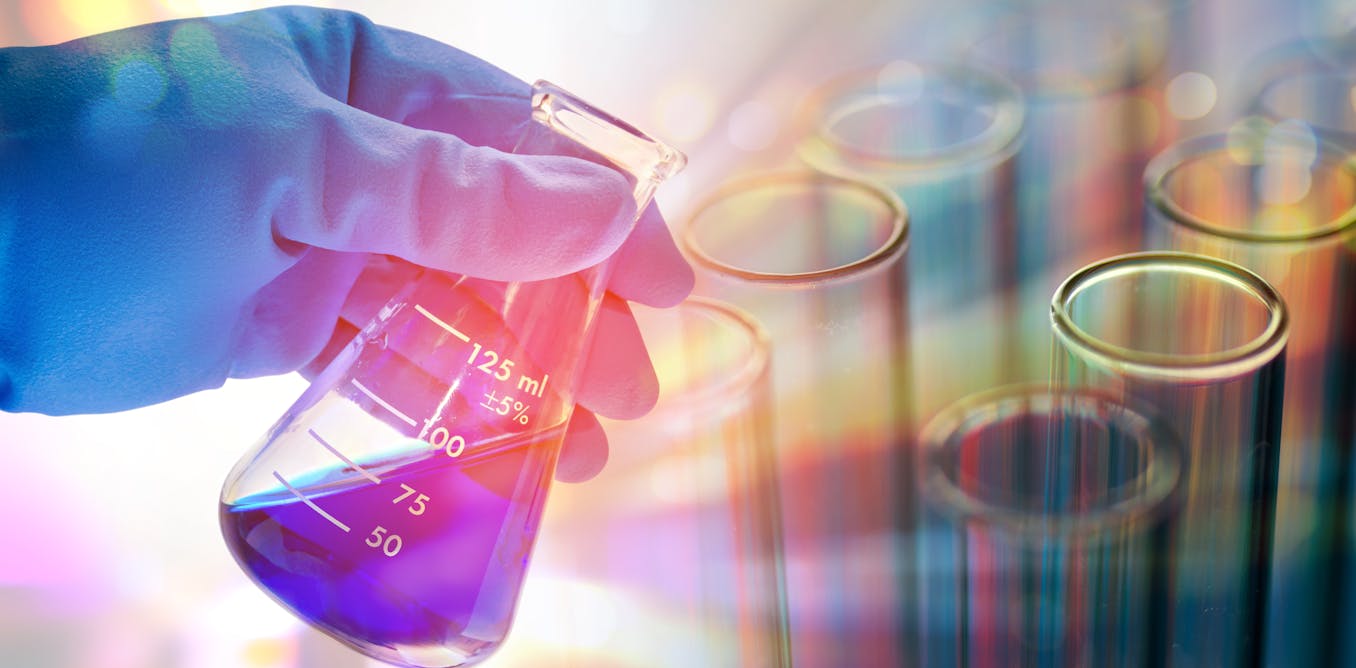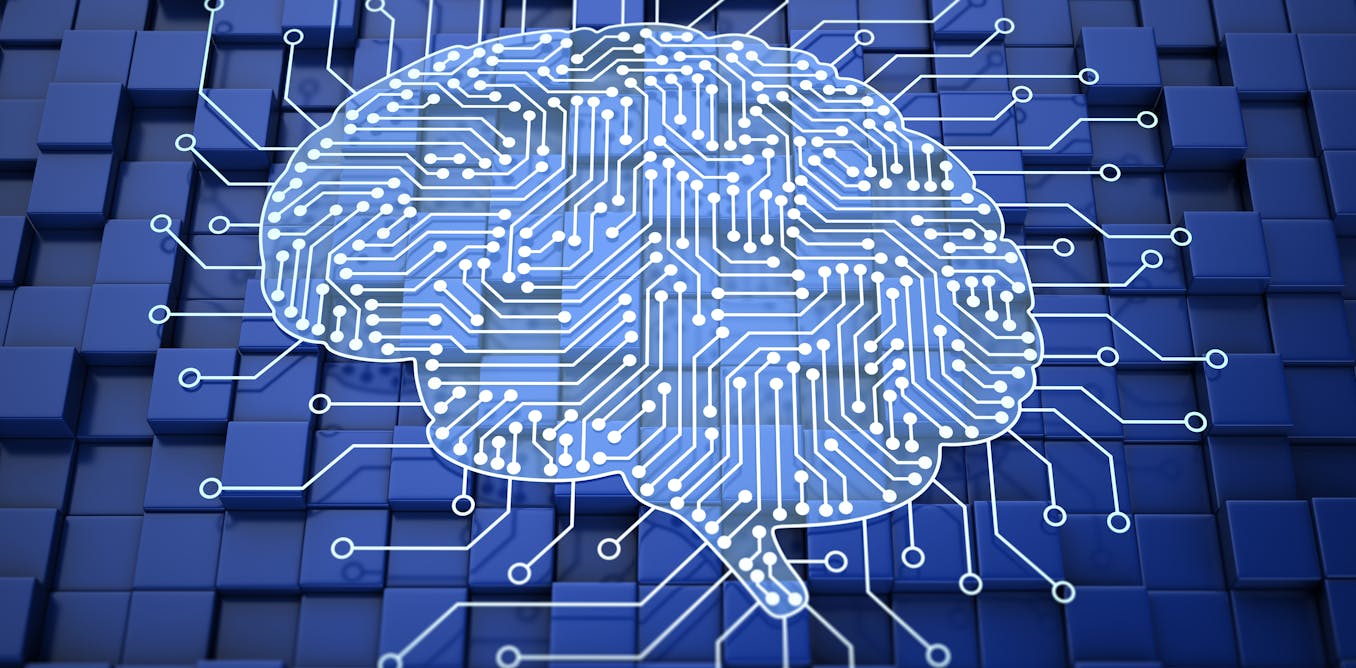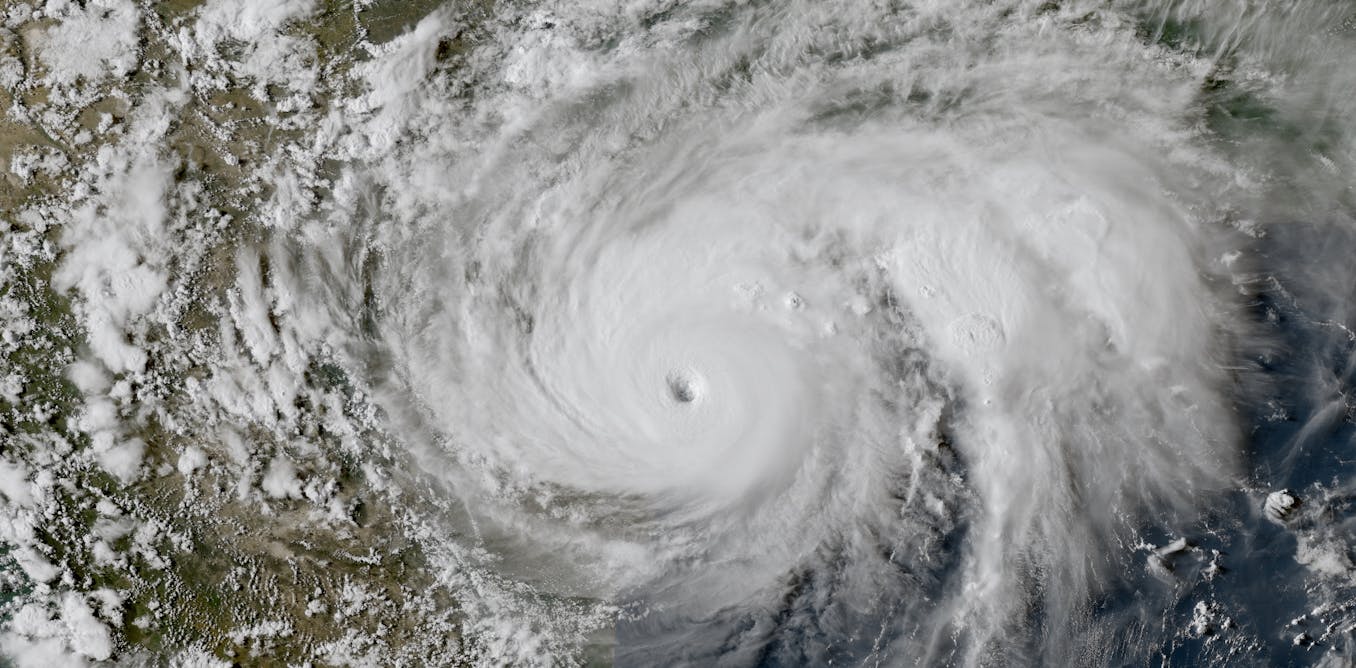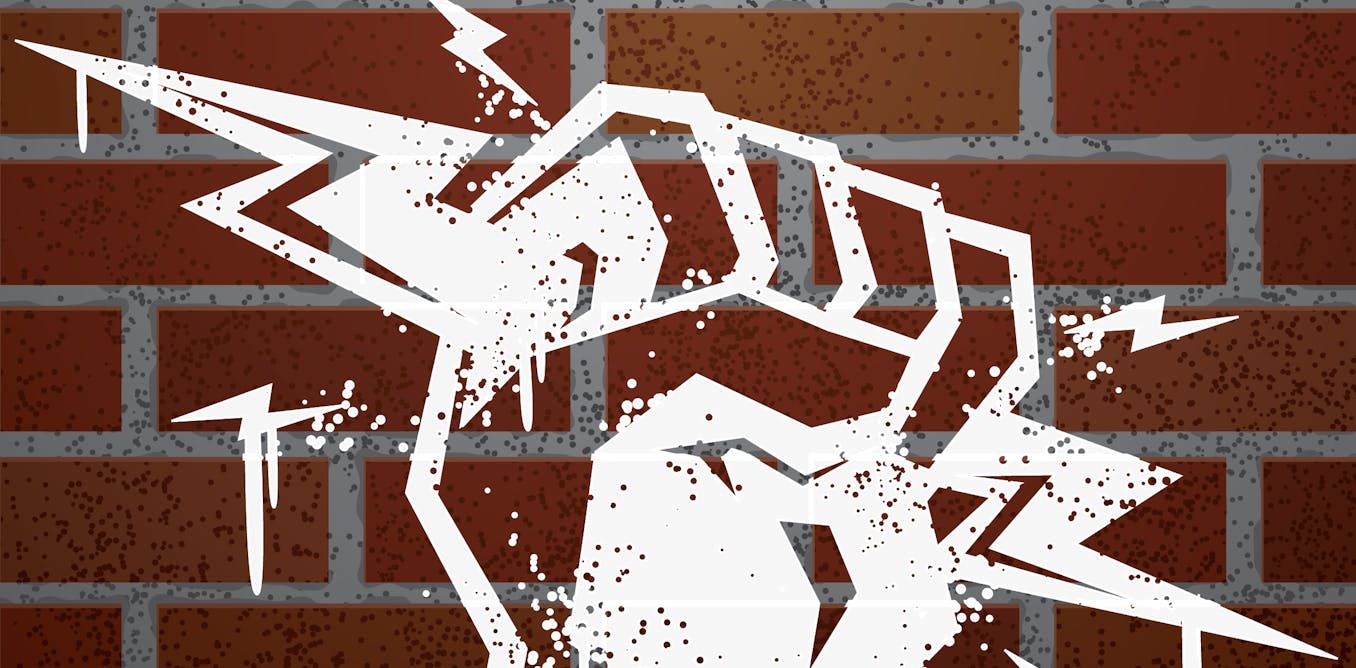When scientific journals take sides during an election, the public's trust in science takes a hit
When the scientific establishment gets involved in partisan politics, surveys suggest, there are unintended consequences – especially for conservatives.
Nov. 12, 2020 • ~6 min

